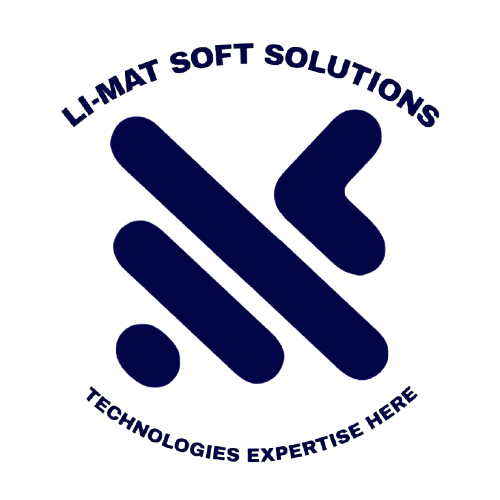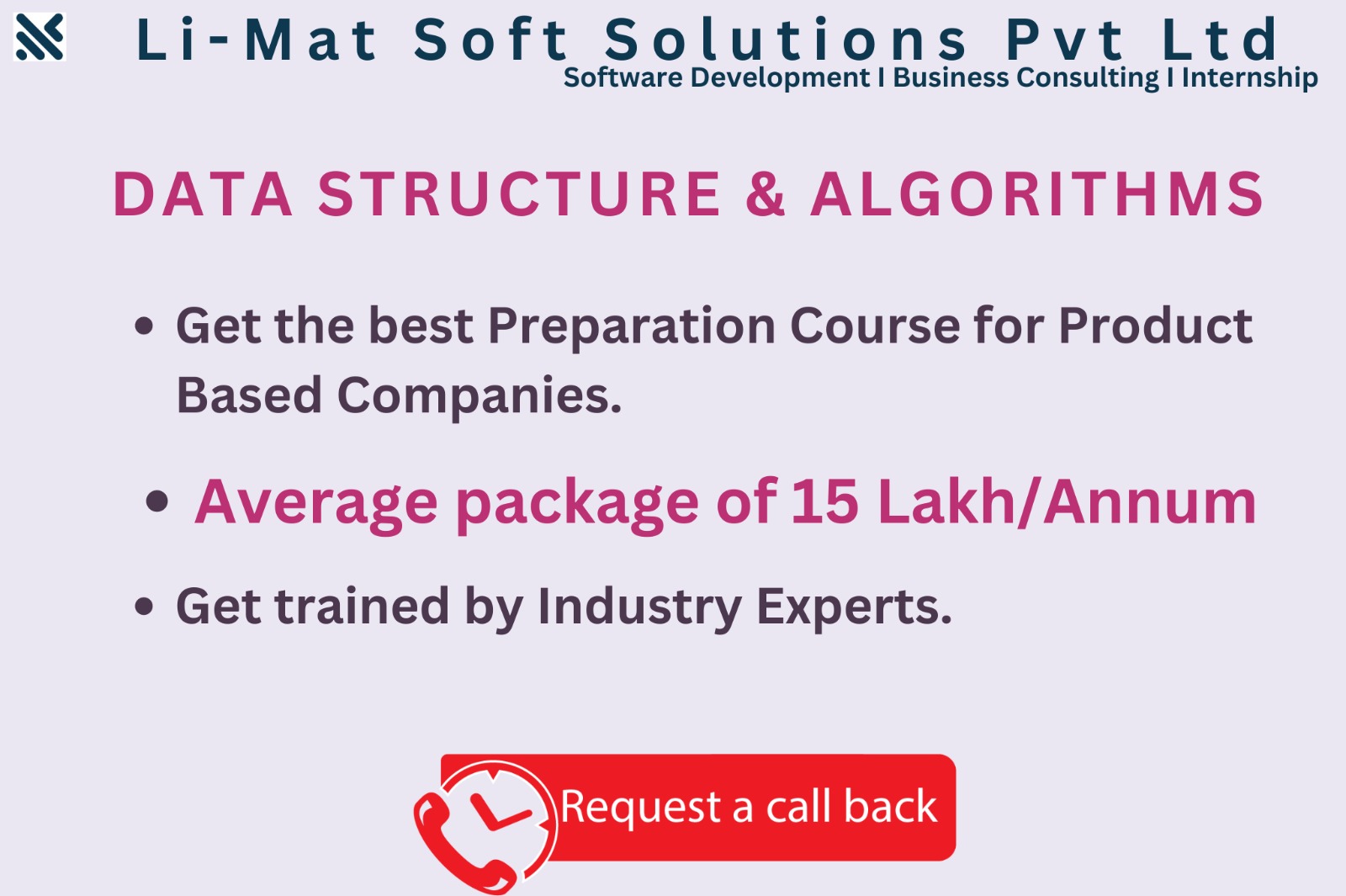AWS & DevOps Certification Training:
Learn AWS and DevOps concepts like Basics of Linux, Cloud Computing, IAM, Ec2 Instances, EBS Volumes, ELB, AWS Part 2, VPC in-depth, Log management, Kubernetes objects, Terraform for AWS Cloud automation and Cloudformation, etc.
- Expert-led interactive sessions.
- 60+ hours of dedicated learning.
- Assignments. Regular
- Assessment (Quiz/Test).
- WhatsApp Support Groups.
Overview
The primary topics covered in LI-AWS MAT's and DevOps course include the fundamentals of Linux, Cloud Computing, IAM, Ec2 Instances, EBS Volumes, ELB, AWS Part 2, VPC in-depth, Log management, Kubernetes objects, Terraform for AWS Cloud automation, Cloud formation, and other critical modules.
Highly qualified and experienced instructors developed this course. The end of each session includes assignments that stress the technology's practical use.
Every crucial aspect of the AWS & DevOps platform is covered in this course, including the fundamentals of Linux and networking, cloud computing, version control systems, Ansible, Kubernetes, and much more. Our primary aim with this certification training is to aid aspiring AWS DevOps Engineers in making their dreams come true.
After finishing this AWS course, LI-MAT Soft Solutions will provide you with an AWS intern certificate attesting to your knowledge of the most recent AWS skill set and your capacity to oversee AWS initiatives inside your company.
Prerequisites:Anyone interested in the AWS & DevOps domain may register.
Key Takeaways:- Expert-Led Live Interactive Sessions.
- 60+ hours of dedicated learning.
- Regular Assignments.
- Assessment (Quiz/Test).
- WhatsApp Support Groups.
- Class Recordings.
- Internship Grade projects and certification.
Following completion of this AWS DevOps certification, the following are some of the available AWS DevOps employment opportunities:
- Senior Cloud DevOps Engineer.
- AWS Certified DevOps Engineer.
- Cloud Engineer.
- DevOps Engineer.
After finishing this AWS DevOps course, you will be able to:
- Utilize the fundamental concepts and methods of the DevOps approach..
- Initiate and set up an AWS infrastructure to manage one or more DevOps development projects.
- Utilizing AWS CloudFormation and AWS OpsWorks, deploy the hardware necessary to create development, test, and production environments for a software development project.
- Implement a variety of typical Continuous Deployment (CD) use cases, including blue/green deployment and A/B testing, using AWS resources.
- What are the differences between AWS OpsWorks, AWS Elastic Beanstalk, Amazon Elastic Container Service, and Amazon Elastic Container Registry's multiple application deployment tools?
- Use Amazon EC2 Systems Manager to handle patches.
- Use automated testing at different stages of a CI/CD cycle.
Why learn AWS & DevOps?
- Continuous development, continuous integration, continuous testing, continuous deployment, and continuous monitoring of software throughout its life cycle are all components of the DevOps software development methodology. On the other hand, AWS is in the lead in cloud computing, offering various adaptable services to design and deliver products quickly and reliably. To automate routine operations, aid teams in managing complex environments at scale, and enable businesses to service their customers better and engage in more effective market competition, DevOps and AWS make a powerful combination.
- With LI-MAT Soft Solutions' AWS &DevOps training, you may gain the practical experience that some of the top organisations in the world are looking for. Professionals in the field created the curriculum of this course, and you may grasp the ideas behind AWS and DevOps while working on step-by-step tasks that are very applicable in the corporate world.
- According to Market Research Future, the global market for public cloud services is anticipated to reach $1386.14 billion by 2022, rising at a CAGR of 21.4%.
- The worldwide development and operations (DevOps) market is anticipated to reach USD 14,9699.6 million by 2026, according to Fortune Business Insights.
- The average annual salary in India for an AWS/DevOps Engineer is 5,90,000, based on Glassdoor. Use the geographical filter to see the AWS/DevOps Engineer salary in your area. Salary projections are based on 455 salaries submitted by AWS/DevOps Engineers to Glassdoor.
- Basics of Linux
- Cloud Computing Intro
- IAM, Ec2 Instances, EBS Volumes, ELB
- Jenkins
- AWS Part 2
- VPC in depth
- Log management and custom metrics
- Kubernetes objects
- Terraform for AWS Cloud automation
- Cloudformation for AWS loud automation
LI-MAT Soft Solutions AWS & DevOpsTraining Description
About AWS & DevOps training
This AWS DevOps training explains how to use concepts like Infrastructure-as-Code, CI/CD pipeline, Immutable Infrastructure, Deployment Strategies, Containers, etc., on the AWS platform by using tools like CloudFormation, Elastic Beanstalk, Elastic Container Service, and Code-Suite services. You will have the opportunity to complete one project at the end of the course. Enroll today to learn from industry experts and become an AWS DevOps professional.
Who should seek this certification in AWS & DevOps training?
The following professionals can go for this AWS Certified DevOps Engineer course:- System Administrators
- Software Developers
- Cloud Professionals
- Solution Architects
- Project Managers
- Technical Leads
Which leading businesses are looking to hire experts in AWS & DevOps?
- Tata Consultancy Services.
- Accenture.
- Cognizant Technology Solutions.
- Wipro.
- IBM.
- Infosys.
- Capgemini.
- HCLTech.
- Oracle.
- Amazon.
Is AWS & DevOps a good career choice?
- DevOps Engineers command an average salary of $111,683, placing them in the top five in the technology field.
- DevOps, once only a term, is today a recognized method for creating and managing software-based and software-enabled enterprises.
What advantages does DevOps offer?
The advantages of implementing DevOps are:-
- Rapid Delivery - Increase release frequency and speed to develop and enhance your product more quickly. You may rapidly respond to client requests and gain a competitive edge by releasing new features and fixing issues.
- Greater Reliability - Make sure that infrastructure upgrades and application updates f a high calibre so that you can deliver more often while preserving a satisfying customer experience
- Enhanced Collaboration - Create more efficient teams using a DevOps culture paradigm that emphasizes principles like accountability and ownership.
- Scale and Security -Automation and consistency help you handle complicated or evolving systems effectively and with less risk. You may implement a DevOps paradigm without compromising security using automated compliance procedures, granular controls, and configuration management strategies.
Which leading businesses are looking to hire qualified Python developers?
The following are the top firms that will hire Python programmers, according to Glassdoor:
- Tata Consultancy Services
- Maxgen Technologies
- IBM
- Tech Mahindra
- Numerator
- First Student
- Capgemini
- Wipro
- Infosys
- Cognizant
- Accenture
What functions and duties do AWS DevOps Engineers perform?
The following are some of the jobs and duties of an AWS DevOps Engineer:
- Being aware of stakeholder demands and communicating them to developers
- Establishing the new infrastructure for development and building
- enhancing automation and development procedures
- Establishing processes and creating workflows
- Participate in project management choices and project planning. 6. Test and analyze code created by others.










